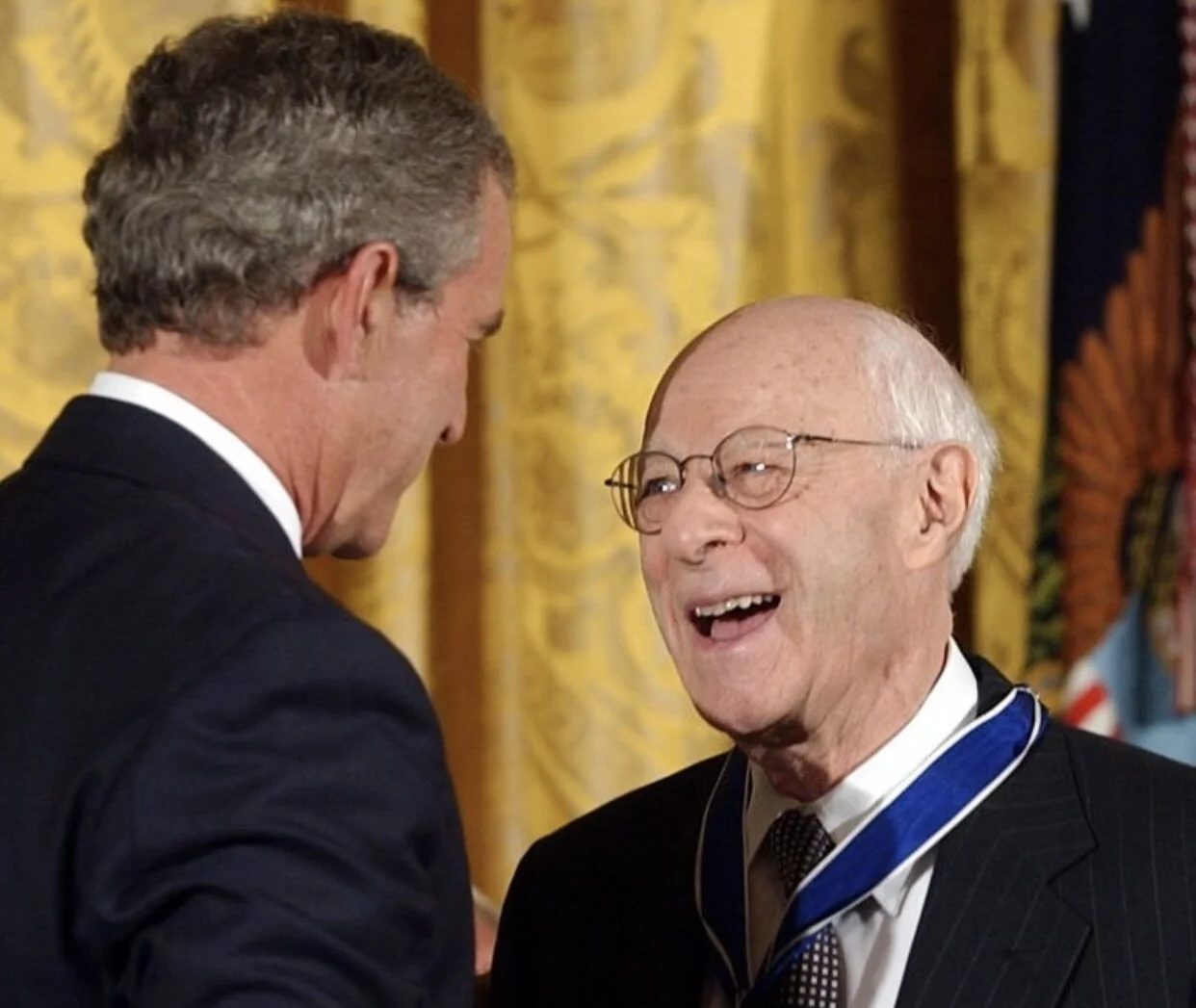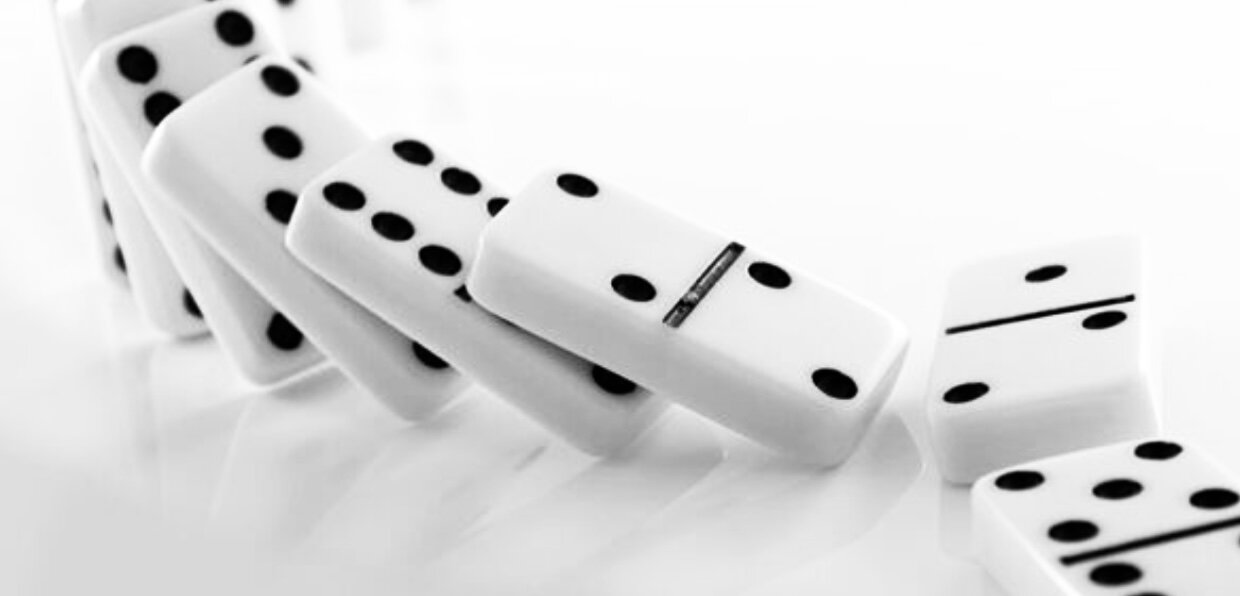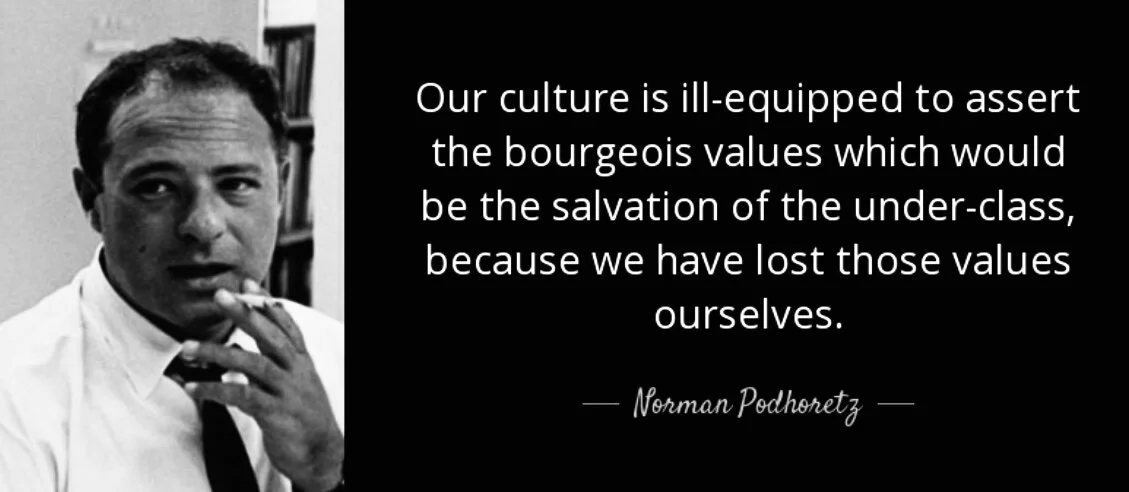Everyone harboring criminals is opening us up to more bombings like that one in 2001 - and even worse OBVIOUSLY.
Christopher Hitchens continues:
By means of the same tiny internal camera, or its forensic equivalent, one could deduce not a little about the world of Henry Kissinger from this microcosmic exchange.
The first and most important thing is this. Sitting in his office at Kissinger Associates, with its tentacles of business and consultancy stretching from Belgrade to Beijing, and cushioned by innumerable other directorships and boards, he still shudders when he hears of the arrest of a dictator.
Syncopated the conversation with Mr. Korda may be, but it's clear that the keyword is "jurisdiction." What had the New York Times been reporting that fine morning? On that 2 December 1998, its front page carried the following report from Tim Weiner, the paper's national security correspondent in Washington.
The link is here.
Under the headline “U.S. Will Release Files on Crimes Under Pinochet," he wrote: Treading into a political and diplomatic confrontation it tried to avoid, the United States decided today to declassify some secret government documents on the killings and torture committed during the dictatorship of Augusto Pinochet in Chile.... The decision to release such documents is the first sign that the United States will cooperate in the case against General Pinochet.
Clinton Administration officials said they believed the benefits of openness in human rights cases outweighed the risks to national security in this case. But the decision could open “a can of worms," in the words of a former Central Intelligence Agency official stationed in Chile, exposing the depth of the knowledge that the United States had about crimes charged against the Pinochet Government....
While some European government officials have supported bringing the former dictator to court, United States officials have stayed largely silent, reflecting skepticism about the Spanish court's power, doubts about international tribunals aimed at former foreign rulers, and worries over the implications for American leaders who might someday also be accused in foreign countries. [italics added]
It is scary to stand up to these “above the law” people but it’s scarier to keep letting them destroy our nations.
President Richard M. Nixon and Henry A. Kissinger, who served as his national security advisor and Secretary of State, supported a right-wing coup in Chile in the early 1970s, previously declassified documents show.
Attempting to get at the truth means rejecting stereotypes and clichés.
Attributed to Harold Evans
But many of the actions of the United States during the 1973 coup, and much of what American leaders and intelligence services did in liaison with the Pinochet government after it seized power, remain under the seal of national security.
It’s one big club and you ain’t in it.
George Carlin
The secret files on the Pinochet regime are held by the CIA, the Defense Intelligence Agency, the State Department, the Pentagon, the NationalSecurity Council, the National Archives, the Presidential libraries of Gerald R. Ford and Jimmy Carter, and other Government agencies.
According to Justice Department records, these files contain a history of human rights abuses and international terrorism:
• In 1975 State Department officials in Chile protested the Pinochet regime's record of killing and torture, filing dissents to American foreign policy with their superiors in Washington.
• The CIA has files on assassinations by the regime and the Chilean secret police. The intelligence agency also has records on Chile's attempts to establish an international right-wing covert-action squad.
I’ve been blacklisted from the entire cultural media establishment because I am telling the truth.
Who ordered that?
Who has the power to order that?
Who hates and fears the truth to such an extent that they would make such a risky move so prone to backfire?
• The Ford Library contains many of Mr. Kissinger's secret files on Chile, which have never been made public. Through a secretary, Mr. Kissinger declined a request for an interview today.
One must credit Kissinger with grasping what so many other people did not: that if the Pinochet precedent became established, then he himself was in some danger.
The United States believes that it alone pursues and indicts war criminals and "international terrorists"; nothing in its political or journalistic culture yet allows for the thought that it might be harboring and sheltering such a senior one.
Harold Evans and Tina Brown, founder of the Daily Beast.
Yet the thought had very obliquely surfaced in Mr. Weiner's story, and Kissinger was a worried man when he called his editor that day to discuss a memoir (eventually published under the unbearably dull and self-regarding title Years of Renewal) that was still in progress.
"Harboring and sheltering," though, are understatements for the lavishness of Henry Kissinger's circumstances. His advice is sought, at $25,000 an appearance, by audiences of businessmen and academics and policymakers.
His turgid newspaper column is syndicated by the Los Angeles Times [he also writes for other outlets]. His first volume of memoirs was part written and also edited by Harold Evans, who many hosts and hostesses who solicit Kissinger's company with Tina Brown is among the, or perhaps one should say society, for those telling New York soirées.
At different times, he has been a consultant to ABC News and CBS; his most successful diplomacy, indeed, has probably been conducted with the media (and his single greatest achievement has been to get almost everybody to call him “Doctor").
Fawned on by Ted Koppel, sought out by corporations and despots with "image" problems or “failures of communication," and given respectful attention by presidential candidates and those whose task it is to "mold" their global vision, this man wants for little in the pathetic universe that the "self-esteem" industry exists to serve. Of whom else would Norman Podhoretz write, in a bended-knee encomium to Years of Upheaval:
Our culture is ill-equipped to assert the bourgeois values which would be the salvation of the under-class, because we have lost those values ourselves.
Attributed to Norman Podhoretz
What we have here is writing of the very highest order. It is writing that is equally at ease in portraiture and abstract analysis; that can shape a narrative as skillfully as it can paint a scene; that can achieve marvels of compression while moving at an expansive and leisurely pace. It is writing that can shift without strain or falsity of tone from the gravitas befitting a book about great historical events to the humor and irony dictated by an unfailing sense of human proportion.





















